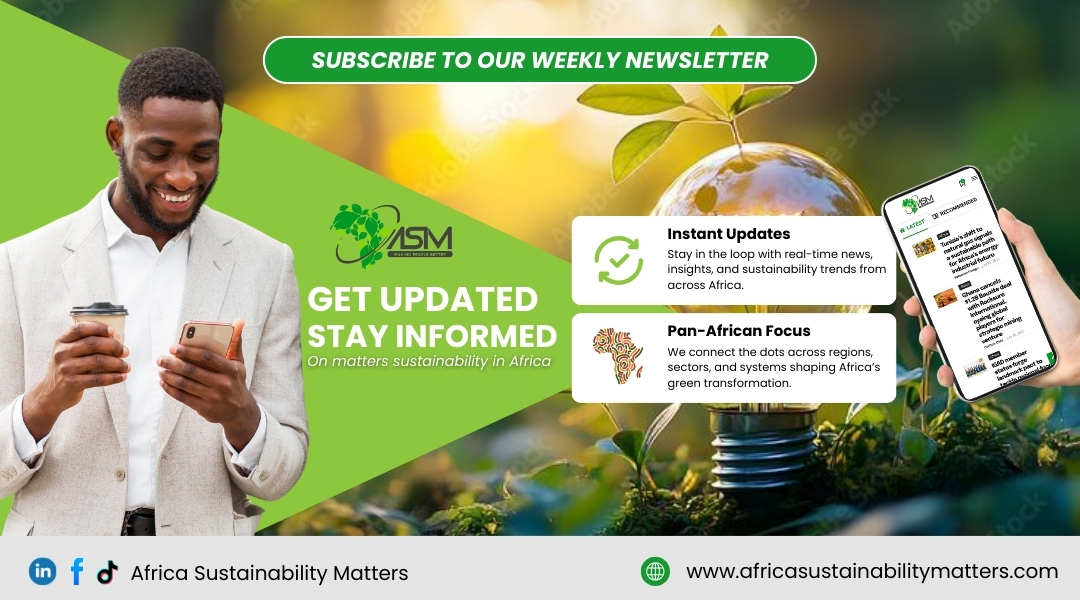On October 9, 2025, Canva announced a $100 million commitment to expand its partnership with GiveDirectly, a move that will deliver unconditional cash transfers to roughly 185,000 additional adults in Malawi over the next four years and fund accompanying research and pilots to improve impact per dollar. The pledge builds on an earlier phase of the partnership and will fund individual transfers, community grants and experiments designed to understand which complementary measures, from technical assistance to collective investments, strengthen long-term outcomes for recipients. The program will begin in Malawi’s Chiradzulu district and is explicitly designed as a data-driven scale-up rather than a one-off charity exercise.
The decision to expand a cash-first approach matters because the underlying evidence has shifted the policy calculus. Recent randomized trials and large field experiments show that direct cash injections not only increase household consumption and asset ownership, they also produce measurable gains in health, education and local economic activity. One randomized trial in Kenya reported a near-halving of infant mortality following a substantial, unconditional transfer, a striking result that reframes cash transfers from a poverty-alleviation tool into a life-saving intervention in specific contexts.
Economists also find that transfers move through local economies. Large experimental programmes in Kenya found that every dollar distributed generated roughly $2.50 in local economic activity, with substantial spillovers to non-recipients; these general equilibrium effects are the mechanism by which transfers can stimulate markets rather than simply substitute private spending. That multiplier matters for policy: well-designed transfers can create a positive fiscal feedback where expanded local demand supports small enterprise growth, tax bases and more resilient rural markets.
Reach also: AI takes center stage at AEW 2025 as experts warn Africa’s energy future hinges on digital readiness
The empirical case on education and health is likewise robust. Systematic reviews of randomized and quasi-experimental studies report sustained gains in school participation and improvements in health service use associated with both conditional and unconditional transfers. These findings have prompted major donors and philanthropies to treat transfers as part of a portfolio, one tool among others that can quickly reduce acute deprivation and catalyze longer-term investments.
Malawi is already familiar terrain for GiveDirectly: the organisation has delivered substantial sums there for several years and reports reaching large numbers of households through its district-scale programmes. The new Canva commitment will scale an approach that pairs individual transfers with community grants and experimental variants intended to test how blended support changes trajectories for income, assets and services. Early pilots noted by partners included village votes to allocate community grants to multipurpose centres used as mobile clinics or daycare facilities, an example of how pooled resources can unlock infrastructure that individual transfers cannot.
For African policy makers and development financiers the practical questions are straightforward and urgent. First, can cash programmes be scaled in ways that preserve quality, integrity and evaluation? Delivering hundreds of thousands of transfers requires secure digital payment rails, accurate beneficiary registries, and independent monitoring to prevent leakage and ensure fairness.
Second, how do cash transfers fit inside national social protection systems rather than running as parallel donor projects? Integration matters for sustainability: transfers that align with national targeting, registration and payment systems are likelier to be sustained and to leverage public spending. Third, what complementary investments raise the probability of permanent improvements, for example, linking cash recipients to irrigation programmes, off-grid electrification, vocational training or child protection services so that immediate consumption gains convert into durable human capital and productive assets.
From a sustainability perspective, conditional cash is not the only route. Unconditional cash can increase resilience: households with liquidity are better able to cope with climate shocks, diversify crop choices, and invest in water and sanitation measures that reduce disease burden. The policy trade-offs are real, however. Large inflows to small local economies can produce short-term price effects if supply chains do not respond; donor-led projects that are not harmonised with national programmes risk fragmenting systems and duplicating costs.
Read also: Kenya launches COMESA e-Certificate of Origin, cutting border time and carbon
The Canva–GiveDirectly announcement is significant because it pairs substantial private finance with a commitment to learning. GiveDirectly’s programme history in Malawi and elsewhere provides a platform for both operational scale and rigorous evaluation; Canva’s funding expands that platform while underwriting experiments, variants that test whether pairing cash with asset finance, business coaching or community grants magnifies long-term gains. If those pilots identify high-value complements, the policy implication is clear: transfers should be anchored in a broader systems approach that includes finance, infrastructure and public service delivery.
A final practical test is fiscal and political sustainability. Philanthropic dollars can seed large experiments and demonstrate feasibility, but reaching millions of people requires domestic financing or predictable donor commitments. For African governments facing tight budgets, a path to scale will require integrating transfers into public budgets, tapping innovative financing instruments, or using blended finance to crowd in private capital for supporting services such as healthcare and education that amplify transfer impacts.
Read also: UNDP pushes for high-integrity carbon markets to unlock Africa’s climate finance potential
Canva’s $100 million commitment does not answer those questions by itself, but it raises the stakes: it creates an evidence base at scale and a chance to demonstrate how cash transfers, when combined with targeted investments and rigorous monitoring, can move households out of extreme deprivation while strengthening local markets.
For governments and development partners across Africa, the lesson is operational: cash works as a rapid relief instrument and, if carefully integrated and complemented, as a strategic tool for resilience and inclusive growth. The ultimate measure will be whether pilots evolve into durable, domestically owned programmes that link transfers to the infrastructure, services and markets that make poverty reduction permanent.
Engage with us on LinkedIn: Africa Sustainability Matters





